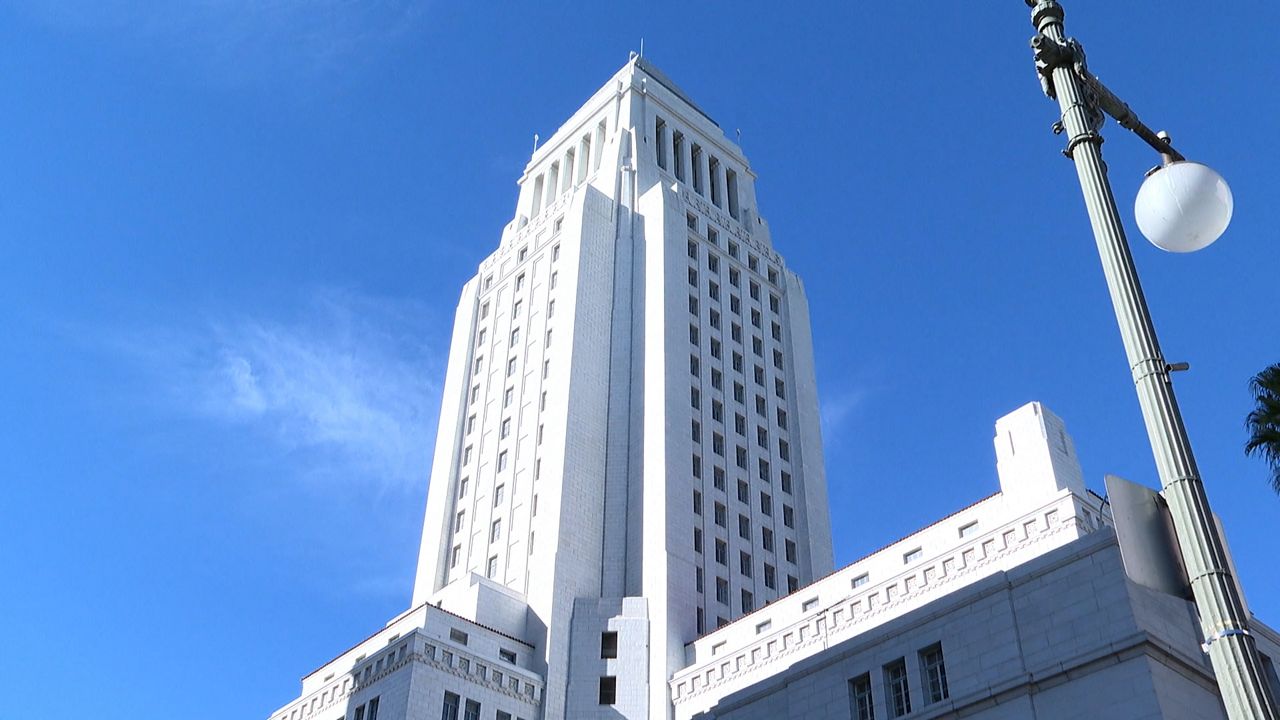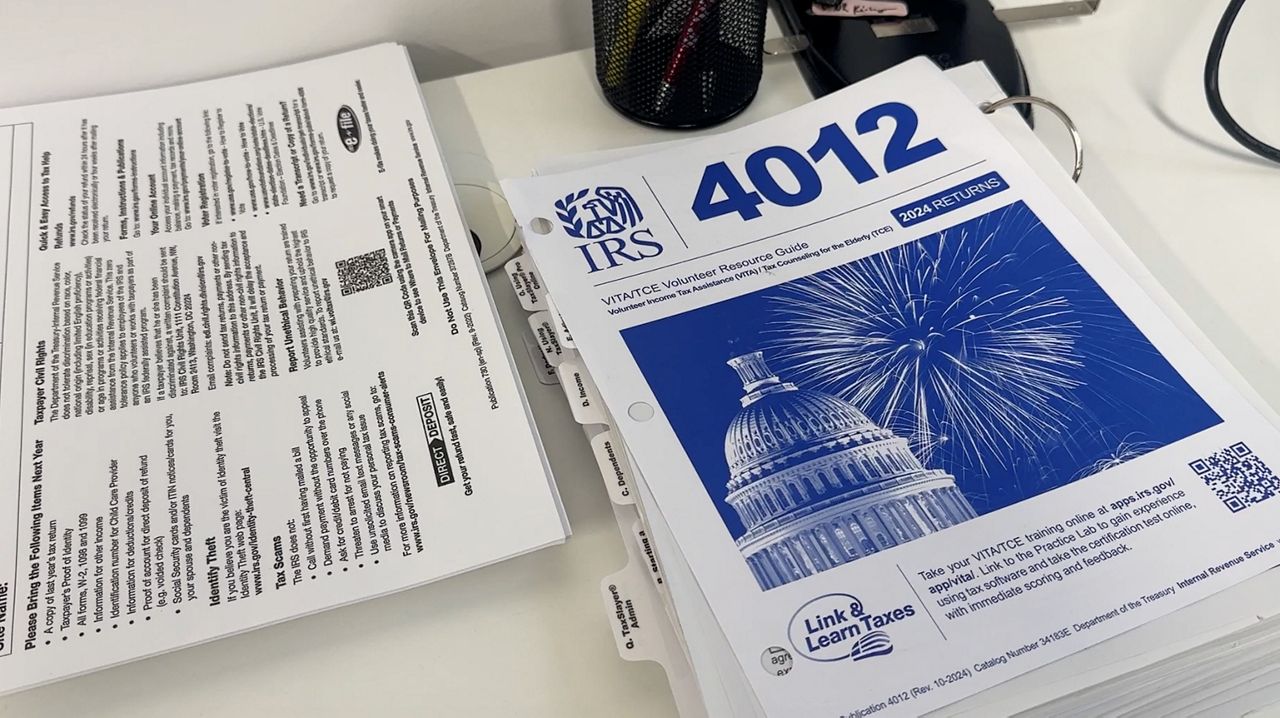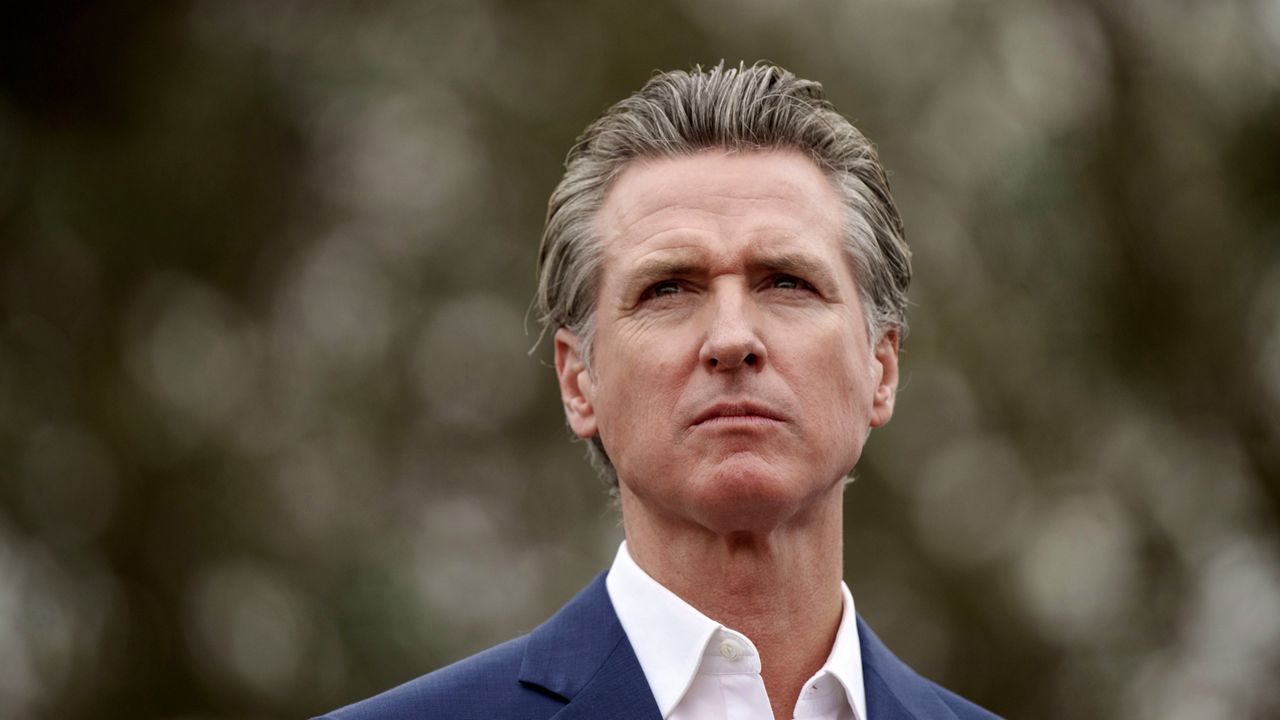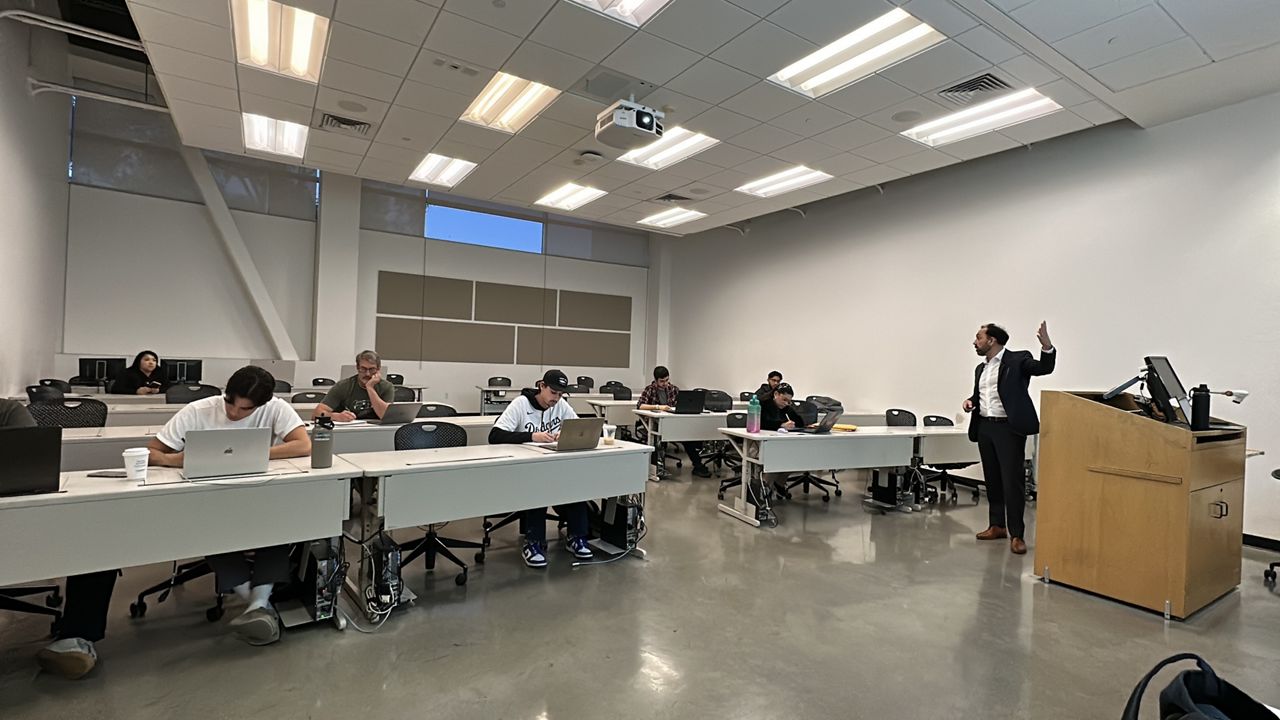LOS ANGELES — The Los Angeles City Council voted 12-3 Wednesday to increase the minimum wage for tourism workers at a more gradual rate and provide improved health care benefits, a move that comes as the region prepares to host several major sporting events in the coming years.
The City Attorney's Office is expected to update the Living Wage and Hotel Workers Minimum Wage ordinances, which will come back to the City Council at a future date.
Under the proposal, the ordinances would be amended to boost hourly wages to $22.50 an hour by Feb. 1, 2025, increasing to $25 an hour by 2026, $27.50 by 2027, and $30 by 2028. Workers would also receive a health care benefit of $8.35 on a weekly basis, which takes into account the average cost of health care divided by the hours an employee works.
An initial council proposal had called for an increase to $25 per hour starting February 2025, eventually rising to $30 by 2028.
"No one should work a full-time job in the city of LA and not be able to afford a place to live," Council President Marqueece Harris-Dawson said in a statement.
The vote came after more than three hours of discussion from the council and the public. Council members Traci Park, Monica Rodriguez and John Lee voted no, citing concerns over the city's struggling tourism industry and an economic study that they say failed to capture the realities of hoteliers.
The Living Wage Ordinance applies to city contractors and ensures that employees are paid a set living wage, setting a cash wage rate and health- related benefits. The Hotel Workers Minimum Wage ordinance requires hotel employers with 60 or more guest rooms to pay their employees the specified minimum wage and provide 96 compensated hours of off time, and at least 80 additional hours of uncompensated time off per year.
Currently, airport and hotel workers earn $18.78 per hour and $19.73 per hour, respectively. Airport workers also earn a health care payment of $5.95 per hour, while hotel workers do not. The plan would allow exemptions for concessionaires with 50 or fewer employees at LAX, as well as some hotel owners under specific conditions.
Park, Rodriguez and Lee introduced several amendments to the proposal, which all failed in separate 10-5 votes. They sought an alternate schedule for such pay increases and a different health benefit plan, among other things, which they argued represented more of a compromise with the hotel industry.
They said the wage hikes would ultimately harm the hotel and tourism industry, which has yet to recover to 2019 pre-pandemic levels.
Meanwhile, a representative for Berkeley Economic Advising and Research highlighted their economic study, commissioned by the City Council, which found that implementing such a policy would create 6,300 jobs in the city, generate $1.2 billion across the L.A. region, and bring in more than $100 million more pay within four years for tourism workers.
Wage increases are expected to impact 23,000 workers, or about 40% of airport employees and 60% of hotel workers.
While some council members criticized the report for failing to capture the impacts to hotel owners, L.A. Chief Legislative Analyst Sharon Tso reiterated that hotel owners did not participate nor provide requested information for BEAR to conduct a more granular analysis.
"Tourism is a critical pillar of our local economy, sustained by the dedication of employees who create unforgettable experiences for millions of visitors each year," Councilman Curren Price said in a statement. "Yet, for too long, the hardworking airport and hotel workers ... have been left behind, forced to make ends meet on wages that fail to meet basic needs."
The motion was originally introduced in 2023 by council members Price, Katy Yaroslavsky, Hugo Soto-Martínez, Tim McOsker, Heather Hutt and Harris- Dawson.
Hotel owners and business leaders opposed the proposal. Many of them argued such a policy would have negative impacts on the hotel industry and exacerbate challenges with the city's tourism sector.
Chad Maender, president and CEO of the LAX Coastal Chamber of Commerce, representing close to 700 businesses around the airport, warned the council that approving the proposal would increase wages by 55% overnight for hotel and LAX-related businesses.
"That's not thoughtful. Tourism, aviation and hospitality have not fully recovered to pre-pandemic levels," Maender said. "This ordinance will have a crippling effect beyond just the hotels and LAX."
Mark Davis, president and CEO of the Hilton Universal, said the proposal would "likely kill" the Hilton Universal expansion project to build 400 more rooms.
In a letter to Harris-Dawson, hotel owners listed other potential consequences of the increase. The Pebblebrook Hotel Trust, which operates nine hotels in L.A., West Hollywood and Santa Monica, anticipates closing hotel restaurants and scaling back operations and converting hotel rooms to residential units.
The operator of Embassy Suites LAX, Embassy Suites Los Angeles Downey and the Pierside Hotel Santa Monica would be unable to continue to provide anything other than entry level roles and wages, officials said.
In anticipation of potential consequences to the hotel industry, council members requested a number of provisions to monitor negative impacts to hotel construction, among other reports.
The Hotel Association of Los Angeles has also warned that increasing wages for workers could impact contracts with LA28 and signatory hotels that were negotiated in 2020.
"These increases constitute an approximately 70% increase in wage and health benefits costs to hotels in 2025. By the time of the 2028 Olympics, the increase will be close to 100%," according to a letter sent by the hotel group to LA28. "To put it plainly, this staggering increase in costs makes it infeasible for most if not all signatory hotels to participate in LA28's hotel room block," the letter added.
However, Tso noted that the LA28 organizing committee declined to weigh in on the matter, not wanting to influence a legislative policy. She mentioned that some of the contracts are still being finalized, and ultimately hotel owners will decide whether to maintain or back out of those agreements.
Following the vote, tourism workers celebrated the council's action. Some of the workers who participated in a three-day fast in "hopes of inspiring" city leaders to stand with them also broke their fast.
"We deserve to be paid a wage we can live on," Jovan Houston, an LAX customer service agent and SEIU-USWW executive board member, said in a statement. "We deserve access to quality health care, so I can treat the COPD I developed from working at and living near LAX. I deserve access to the care my son needs to treat his asthma."
Jessica Durrum, director of Los Angeles Alliance for a New Economy, which has advocated on behalf of tourism workers and lobbied for the wage increase, said hotels and airlines are thriving at a time when their workers are facing evictions or struggling to feed their families.
"Today, they are one step closer to justice," Durrum, who also led LAANE's Tourism Workers Rising campaign, said in a statement. "We have stood with workers in every fight to raise the wage, since the landmark 1997 Living Wage Ordinance, and today's vote is continuing that noble legacy."












